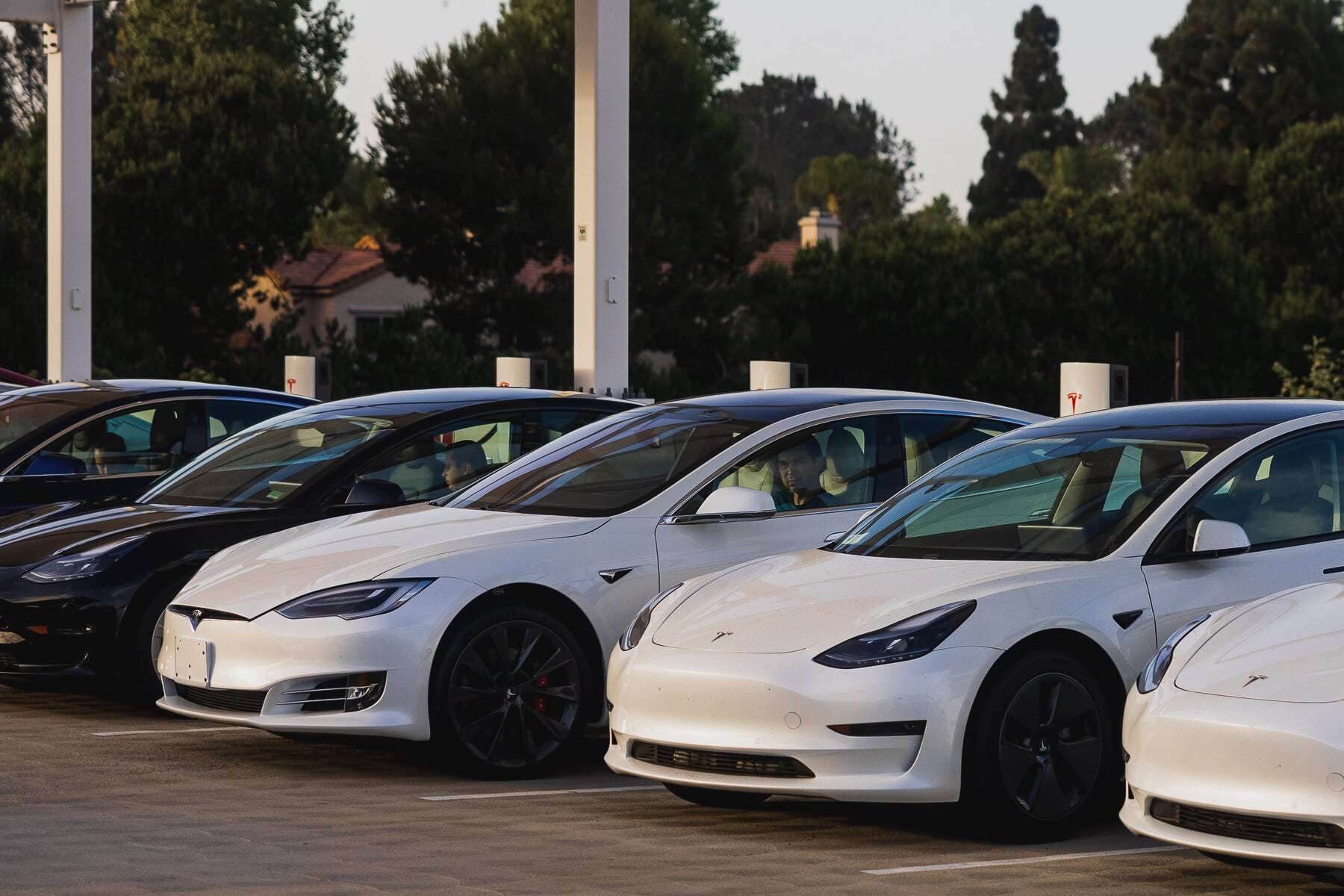With 100,000 Teslas, a desire to ‘democratize electric vehicles’ and a net-zero pledge in place, can Hertz push the car rental sector towards a more eco-friendly model?
The future of car rental is looking more sustainable, according to market leader Hertz, which has announced a new investment that makes up part of its plans to become ‘electric vehicle-centric’.
Uber recently announced that it has 15,000 Tesla vehicles operating in more than 30 U.S. cities through a deal with Hertz.
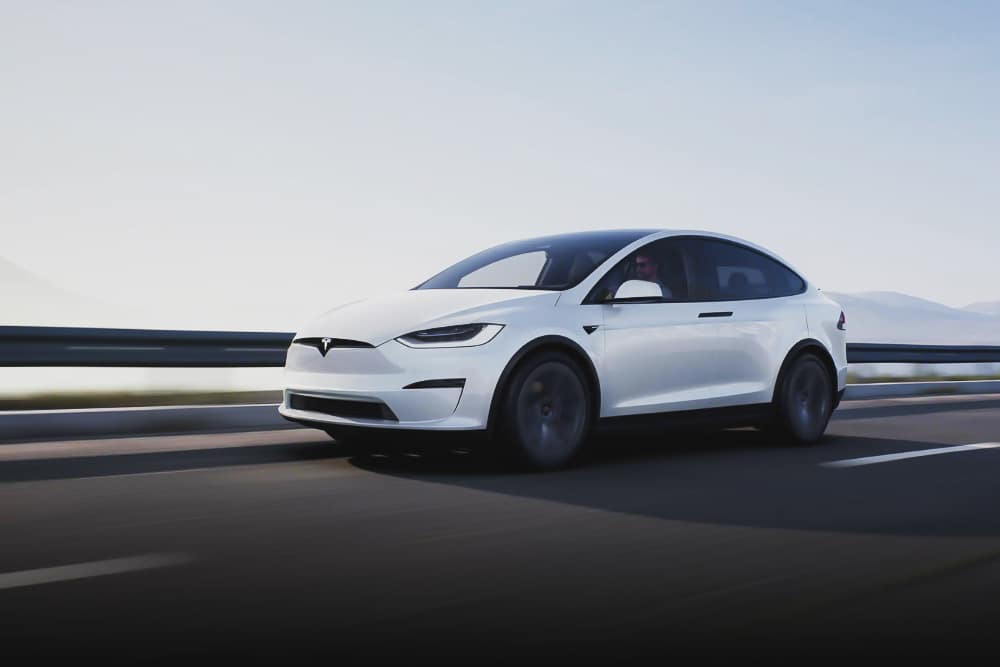
According to Andrew Macdonald, Uber’s senior vice president of mobility and business operations, the electric cars are making “a real impact,” particularly as U.S. gas prices still hover close to $6 a gallon. “Together they’ve completed more than five million fully-electric trips and driven over 40 million electric miles,” Macdonald said in a statement.
As interest in electric vehicles (EVs) increases, with Tesla topping the list of best-selling cars in the States and seeing strong European sales too, there seems to be a consumer appetite for sustainability within transport. But while this is starting to be felt in the retail sector, is it really scaleable for the rental sector to go electric?
Hertz has been keen to publicize the steps it says it is taking to reduce emissions. Last October, for example, the company revealed it was investing in a fleet of 100,000 electric Teslas, stating it has a ‘commitment to offer the largest electric vehicle (EV) rental fleet in North America and to grow its EV fleet globally’. Under the deal, those renting from the company will have access to all Tesla charging points.
The announcement, which came just months after Hertz emerged from bankruptcy last summer, suggested the business has a powerful vision when it comes to making waves in the sector.
Investing in electric car rental technology
On top of expanding its EV fleet, the company has also made a significant investment ($19 million) in Ufodrive, a smaller car rental firm with a 100 percent EV fleet and all-digital service, which says it has a ‘commitment to building the sustainable, car-rental service of the future’.
Ufodrive will use the additional capital to accelerate product development and to expand globally. Meanwhile, Hertz will ‘deploy Ufodrive’s digital rental and fleet management technology to enhance its global EV fleet operations’.
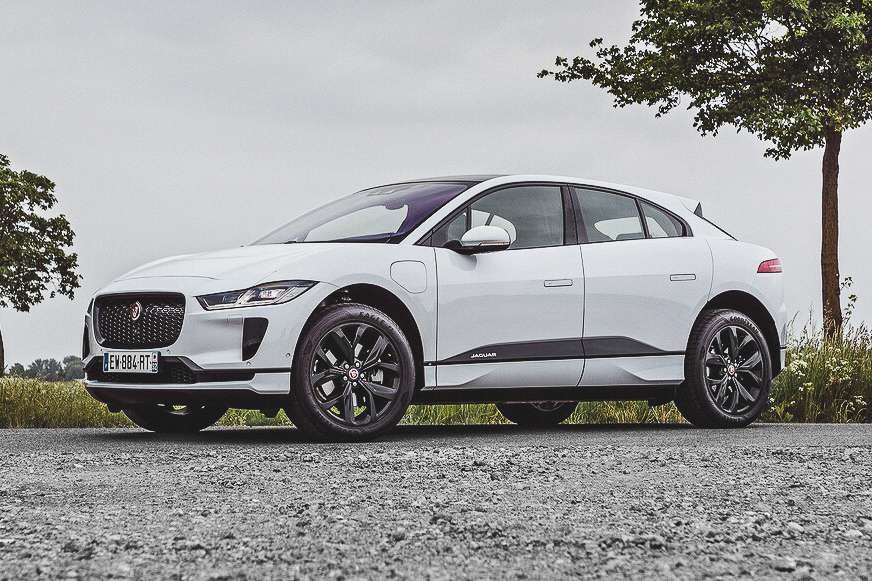
“Our partnership with Ufodrive is yet another major step in Hertz becoming an essential component of the modern mobility ecosystem,” Mark Fields, Hertz interim CEO, said in a press release emailed to Ethos.
“Together, we will pilot ways to make renting an EV even easier using Ufodrive’s digital platforms for both the rental experience and fleet management. For customers, this partnership will help us create the future rental car experience that is all-digital and EV-centric.”
Aidan McClean, Ufodrive CEO, added that his company is ‘proud that we are helping to accelerate the transition to zero-emissions mobility, and our investors see the opportunity ahead’.
“We pioneered and are now the premier operating system for electric fleets and already service a growing list of high-profile mobility companies,” he said.
Widespread adoption of EVs?
Hertz, and its fellow giants Enterprise and Avis, represent the vast majority (around 95 percent) of airport terminal car rental in the States. Where one of the companies lead, it is likely the others will have to follow in a bid to keep up with innovation.
Indeed, following Hertz’s Tesla announcement last year, Avis responded by saying that progress by one of its competitors would spur it on to become more sustainable itself.
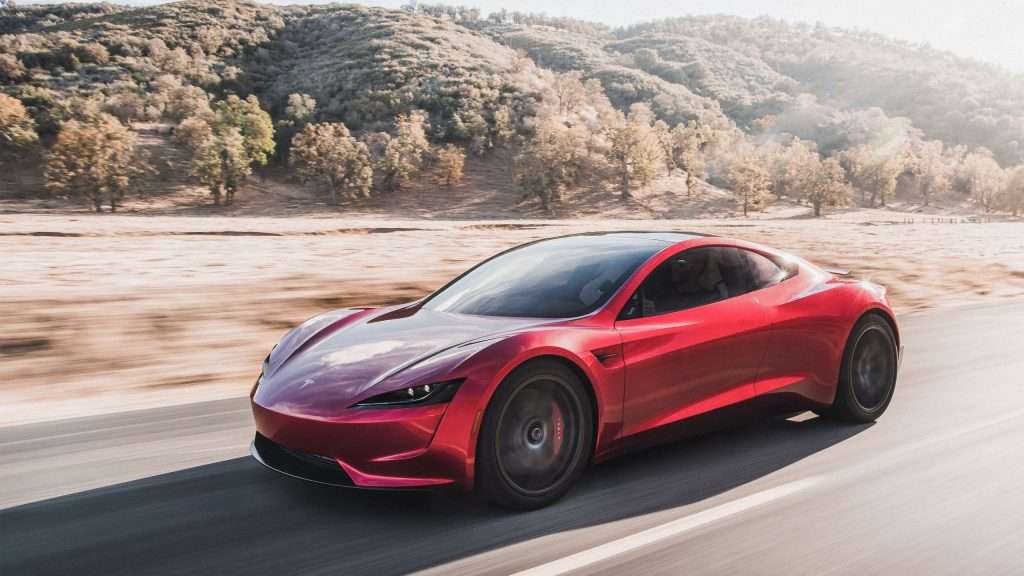
“So we at Avis realized that the electrification of vehicles is where not just our industry, but the entire mobility ecosystem is eventually headed,” CFO Brian Choi told The Driven. “And I think the bold move made by one of our competitors and that announcement is good for the overall rental car industry.”
Its fleet is currently around two percent electric, with the brand saying it hopes to exceed 30 percent by 2030.
Further pressure is expected to come from in the form of some kind of legislation: while any environmentally-focused mandates the U.S. government may impose on the car rental company are not yet fully known, reports suggest that President Biden is keen for car rental firms to commit to EV fleets.
So is widespread industry change imminent?
While Hertz has made headlines with its bold investments, other rental giants appear to be adopting a more cautious approach.
Infrastructure issues
One of the biggest questions around how car rental adopts an EV model is infrastructure: these cars need to be charged using specialist equipment. According to Enterprise, putting a network of this equipment into place is its priority.
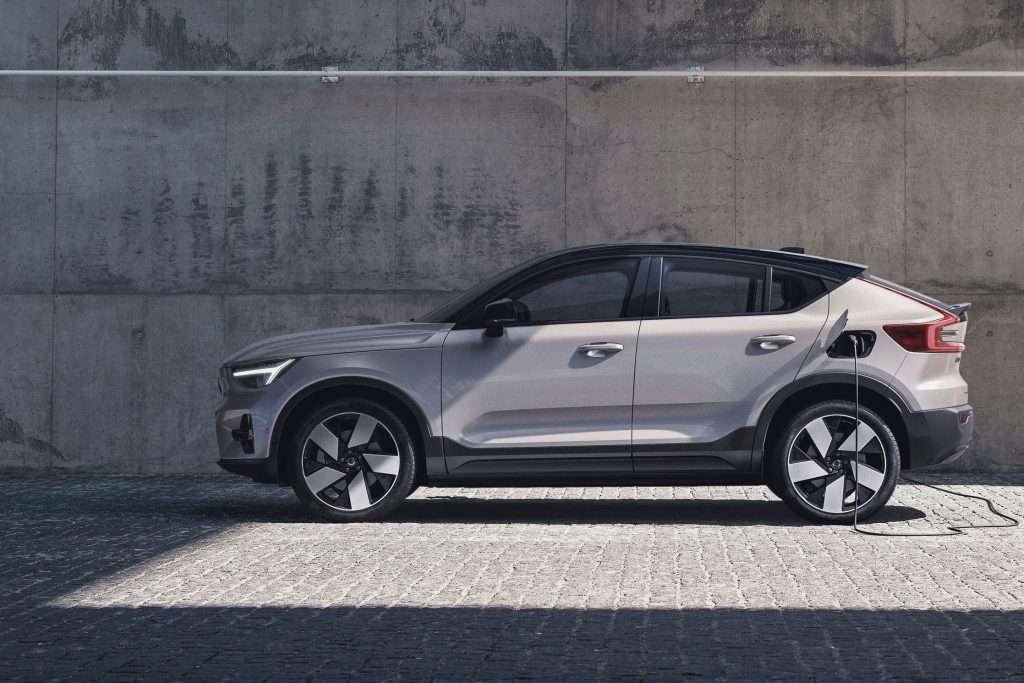
Speaking to news outlet CNBC last October, after Hertz made its Tesla announcement, an Enterprise Holdings spokesperson said: “Our focus is not on simply adding numbers, but on working thoughtfully with industry partners and stakeholders to drive the long-term viability of EVs.
“This includes making sure the grid and charging infrastructure are prepared.”
According to the spokesperson, Enterprise is looking to ‘transition its fleet over the coming years’, and said that the company is working with consultants to establish how it can transition its business model to EVs.
‘No choice but to go electric’
While competitors may seem more cautious, Hertz’s purchase of the EVs has not only been eye-catching in terms of headlines, but the company has also been praised for taking decisive action towards its climate goals.
Speaking to Marketplace for a piece titled Look for actions from companies, not just green pledges, experts say, Tom Lyon, a professor at the Erb Institute at the University of Michigan said: “The transition to electrification and electric vehicles offers the potential for a huge reduction in greenhouse gas emissions in the vehicle sector.”
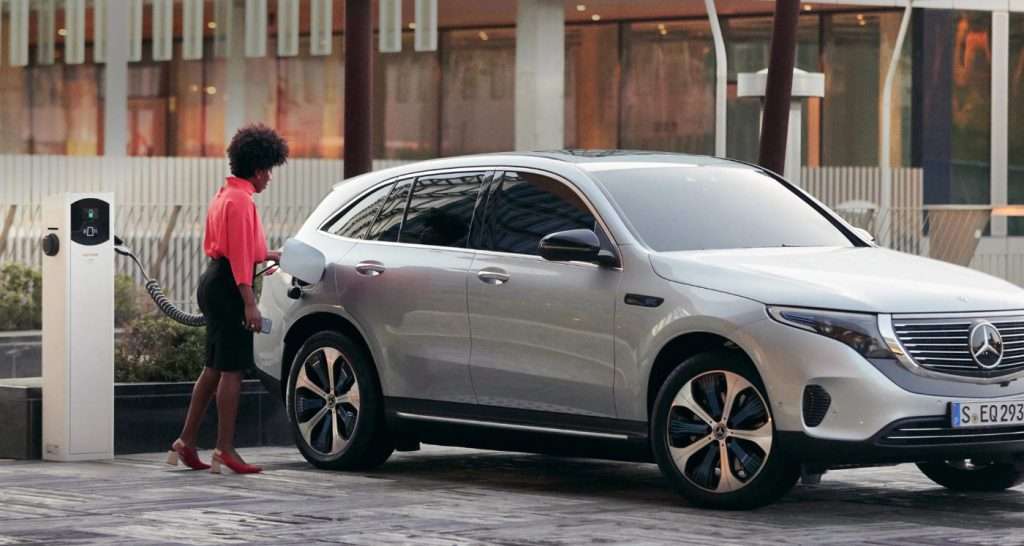
And indeed this transition away from traditional vehicles seems necessary if companies are set to meet their climate targets, with changes needing to be made sooner rather than later, and industry insiders suggesting that adopting an EV fleet is essential.
According to McClean, writing on LinkedIn: “Several major global cities have introduced emissions charges, clean zones and deadlines for the transition to electric mobility. From Berlin to Barcelona internal combustion in cities will soon be gone.
“Corporate fleet operators, logistics companies have also set real targets to have full electric fleets within five years.
“This combined with a deluge of new electric car models coming on the market means that mobility providers, like car rental, will have no choice but to go electric.”

